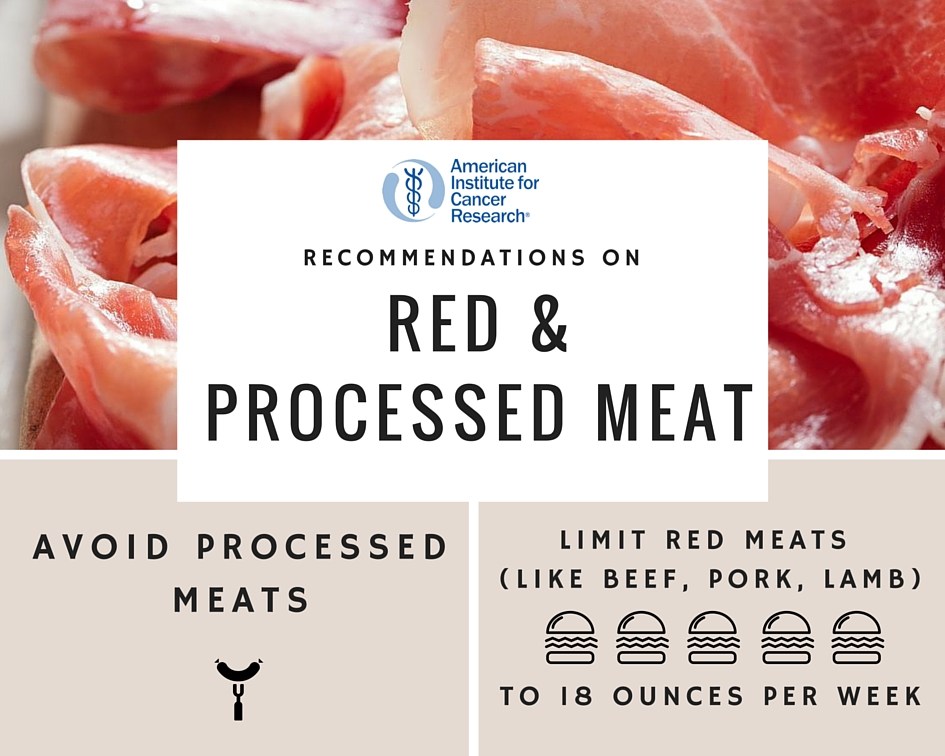Healthy food choices are at the core of the long-standing AICR Cancer Prevention Recommendations. But healthy food choices also promote overall good health – prolonging life and protecting people from disease and disability. The enormous impact of food choices on health was recently highlighted in The Global Burden of Disease (GBD) Study, 2017 study, one of the most exhaustive worldwide observational epidemiological studies conducted to date; the GBD study suggests that more than 11 million deaths could have been prevented through healthy diet in 2017. These findings are closely aligned with and support AICR’s Cancer Prevention Recommendations.
Studying the links between diet and disease on a global level is challenging. Gathering enough data, minimizing measurement error and biases, and avoiding generalities about what and how much people eat are few of the strongest challenges researchers face. But the GBD study has overcome many of those hurdles, providing a big-picture view of the consequences of eating a less-than-healthy diet.

The GBD study began in the early 1990s as a joint effort between hundreds of researchers around the world, including those at the World Health Organization, Harvard School of Public Health, the Institute for Health Metrics and Evaluation, and the World Bank with the goal of GBD study to improve health around the world. GBD researchers identify risk factors – such as diet – that are associated with death and disability around the world, and then quantify disability as disability-adjusted life-years, or DALYs, based on years of life lost due to death, or years of life lived in poor health.
The most recent iteration of the study, GBD 2017, evaluated the role of diet in death and disability based on data from 195 countries gathered from a variety of sources, including nutrition studies and diet reports, imports and exports, food production, and nutrition surveys at global, regional, and national levels. The researchers singled out 15 foods and nutrients and gauged the effects of their intake on death and disease. “Each item was chosen based on evidence that it either increased the risk of developing disease or had a protective effect,” says Ali H. Mokdad, one of the investigators of the study who is a Professor of Health Metrics Sciences, Institute for Health Metrics and Evaluation and Chief Strategy Officer for Population Health at University of Washington.
The investigators in the GBD group found that in 2017, intake of nuts, seeds, and whole grains was particularly low, at 3 grams of nuts and seed per day, or 12 percent of optimal intake, and at 23 grams of whole grains, or 29 percent of optimal intake. Intake of processed meat and sodium were high, however, at 4 grams of processed meat per day, or 90 percent higher than optimal intake, and 6 grams of sodium per day, or 86 percent higher than optimal intake. Across the board, unhealthy eating habits were responsible for approximately 11 million deaths and 255 DALYs worldwide.
The researchers broke down the data even further and identified the effects of individual components of diet on death. They found that a high intake of sodium and low intake of whole grains and fruit were responsible for more than half of all diet-related disease and disability. Low intake of whole grains was the leading dietary risk factor for disability among men and women and the leading dietary risk factor for death among women. This is consistent with the explicit advice from AICR to increase wholegrain consumption both for reducing cancer risk and the risk of weight gain, overweight and obesity.
The GBD’s findings suggest that approximately one in five deaths could be avoided if people ate less salt and more whole grains, fruits, nuts, and seeds. “We are starting to realize that many diseases are simply due to our behaviors,” says Mokdad. “Those 11 million deaths were premature, and many of them were preventable.”
The findings also underscore the importance of following AICR’s Cancer Prevention Recommendations. Maintaining a healthy weight, getting plenty of physical activity, eating a plant-based diet can reduce the risk of cancer and help you live longer and healthier.






It’s a good article.